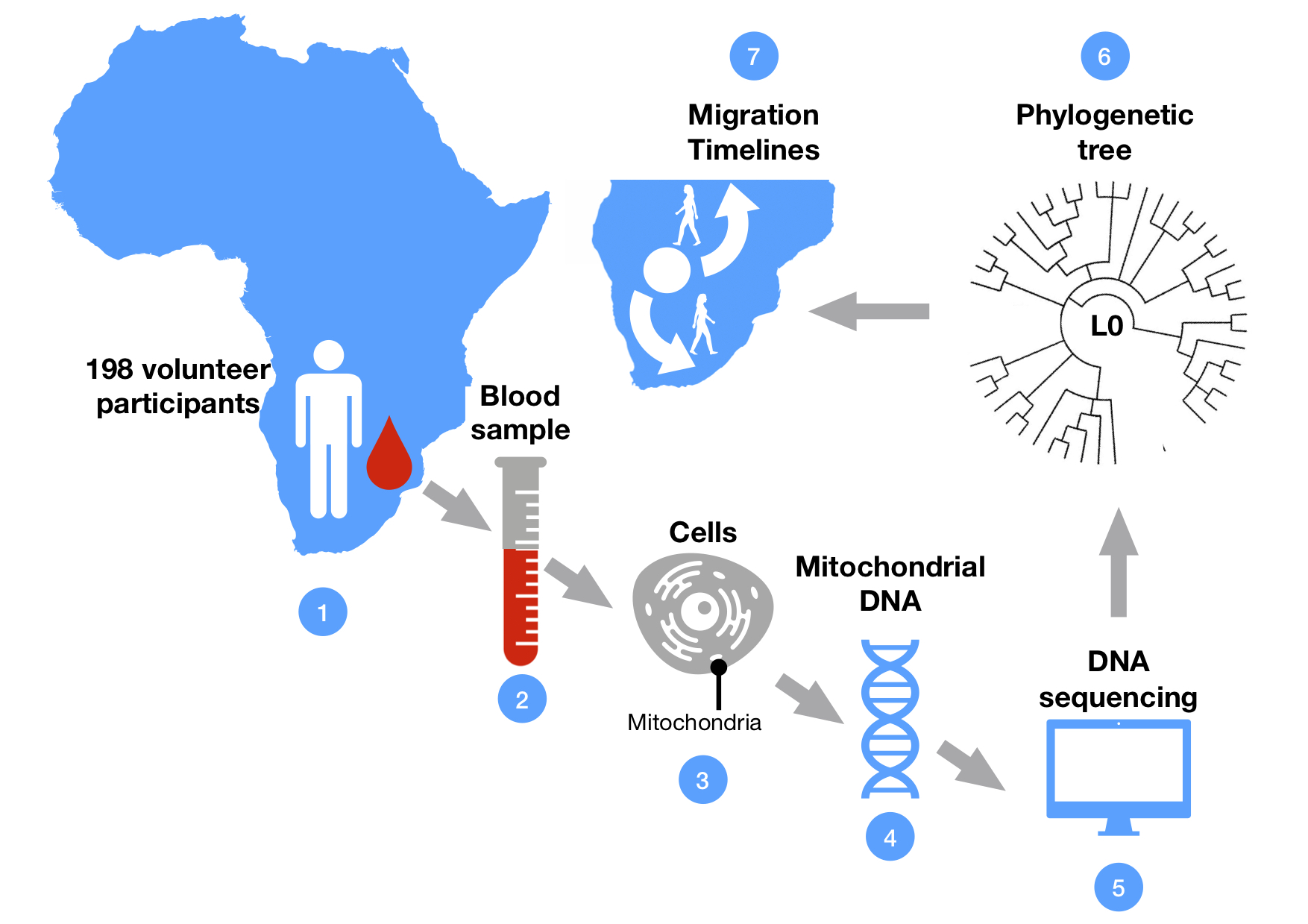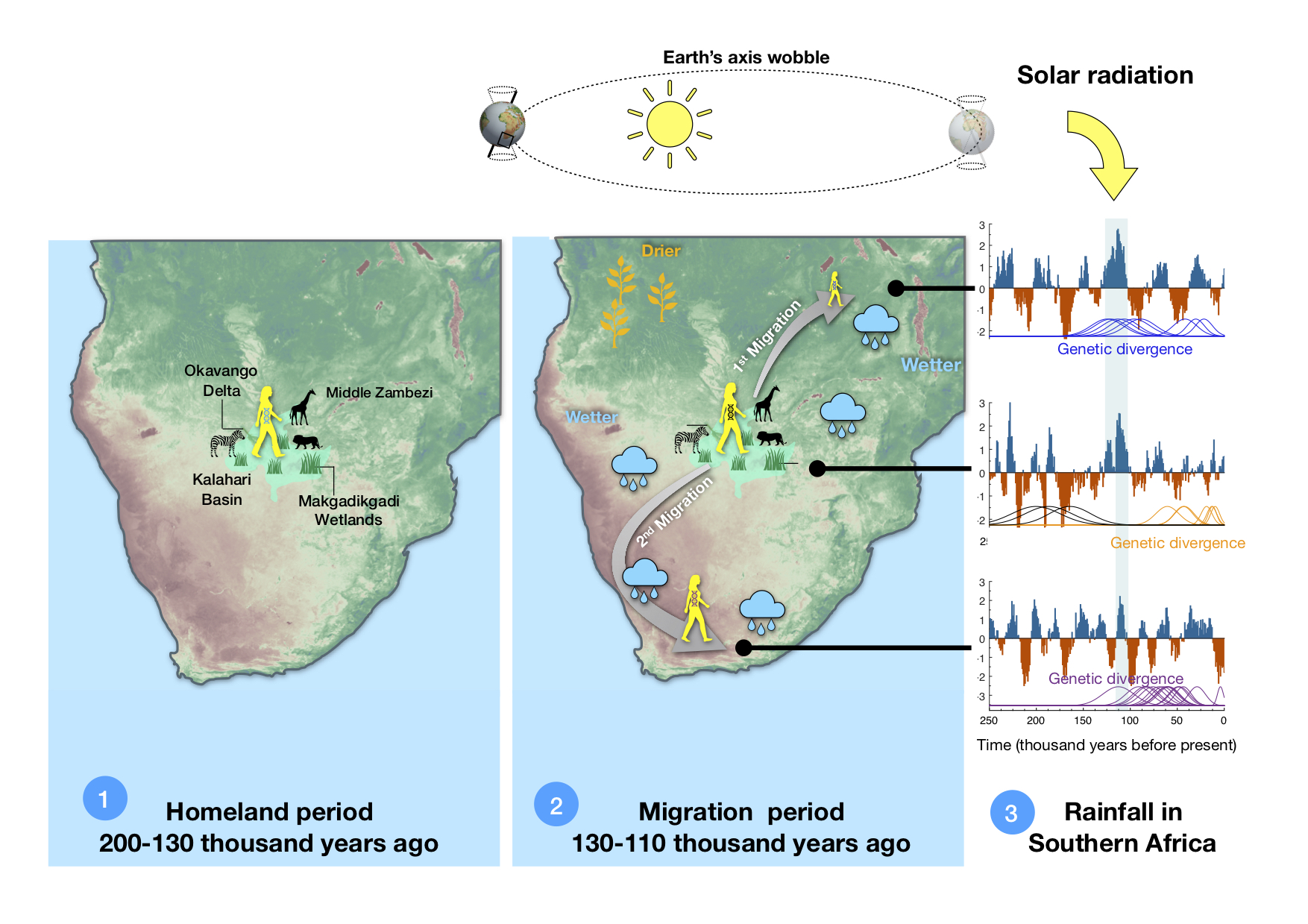주메뉴
- About IBS 연구원소개
-
Research Centers
연구단소개
- Research Outcomes
- Mathematics
- Physics
- Center for Theoretical Physics of the Universe(Particle Theory and Cosmology Group)
- Center for Theoretical Physics of the Universe(Cosmology, Gravity and Astroparticle Physics Group)
- Center for Exotic Nuclear Studies
- Center for Artificial Low Dimensional Electronic Systems
- Center for Underground Physics
- Center for Axion and Precision Physics Research
- Center for Theoretical Physics of Complex Systems
- Center for Quantum Nanoscience
- Center for Van der Waals Quantum Solids
- Chemistry
- Life Sciences
- Earth Science
- Interdisciplinary
- Center for Neuroscience Imaging Research(Neuro Technology Group)
- Center for Neuroscience Imaging Research(Cognitive and Computational Neuroscience Group)
- Center for Algorithmic and Robotized Synthesis
- Center for Genome Engineering
- Center for Nanomedicine
- Center for Biomolecular and Cellular Structure
- Center for 2D Quantum Heterostructures
- Center for Quantum Conversion Research
- Institutes
- Korea Virus Research Institute
- News Center 뉴스 센터
- Career 인재초빙
- Living in Korea IBS School-UST
- IBS School 윤리경영


주메뉴
- About IBS
-
Research Centers
- Research Outcomes
- Mathematics
- Physics
- Center for Theoretical Physics of the Universe(Particle Theory and Cosmology Group)
- Center for Theoretical Physics of the Universe(Cosmology, Gravity and Astroparticle Physics Group)
- Center for Exotic Nuclear Studies
- Center for Artificial Low Dimensional Electronic Systems
- Center for Underground Physics
- Center for Axion and Precision Physics Research
- Center for Theoretical Physics of Complex Systems
- Center for Quantum Nanoscience
- Center for Van der Waals Quantum Solids
- Chemistry
- Life Sciences
- Earth Science
- Interdisciplinary
- Center for Neuroscience Imaging Research(Neuro Technology Group)
- Center for Neuroscience Imaging Research(Cognitive and Computational Neuroscience Group)
- Center for Algorithmic and Robotized Synthesis
- Center for Genome Engineering
- Center for Nanomedicine
- Center for Biomolecular and Cellular Structure
- Center for 2D Quantum Heterostructures
- Center for Quantum Conversion Research
- Institutes
- Korea Virus Research Institute
- News Center
- Career
- Living in Korea
- IBS School
News Center
Climate shifts triggered modern humans’ first migrations out of their Southern African homelandA landmark study pinpoints the birthplace of modern humans in southern Africa and suggests how past climate shifts drove their first migration A study has concluded that the earliest ancestors of anatomically modern humans (Homo sapiens sapiens) emerged in a southern African ‘homeland’ around 200 thousand years ago and thrived there for 70 thousand years, until changes in Africa’s climate triggered the first human exploration. This migration event contributed to the development of humans’ genetic, ethnic and cultural diversity as we know it today. The breakthrough findings were published in this week’s issue of the journal Nature.
DNA as a time capsule for early human history“It has been clear for some time that anatomically modern humans appeared in Africa roughly 200 thousand years ago. What has long been debated is the exact location of this emergence and subsequent dispersal of our earliest ancestors,” says study lead Professor Vanessa Hayes from the Garvan Institute of Medical Research and University of Sydney, and Extraordinary Professor at the University of Pretoria. “Mitochondrial DNA acts like a time-capsule of our ancestral mothers, accumulating changes slowly over generations. Comparing the complete DNA code, or mitogenome, from different individuals provides information on how closely they are related.” In their study, Professor Hayes and her colleagues collected blood samples to establish a comprehensive catalogue of modern human’s earliest mitogenomes from the so-called ‘L0’ lineage. “Our work would not have been possible without the generous contributions of local communities and study participants in Namibia and South Africa, which allowed us to uncover rare and new L0 sub-branches,” says study author and public health Professor Riana Bornman from the University of Pretoria. “Merging 198 new, rare mitogenomes to the current database allowed us to refine the evolutionary tree of our earliest ancestral branches better than ever before,” says first author Dr Eva Chan from the Garvan Institute of Medical Research, who led the phylogenetic analyses. By combining the L0 lineage timeline with the linguistic, cultural and geographic distributions of different sub-lineages, the study authors revealed that 200 thousand years ago, the first Homo sapiens sapiens maternal lineage emerged in a ‘homeland’ south of the Greater Zambezi River Basin region, which includes the entire expanse of northern Botswana into Namibia to the west and Zimbabwe to the east. A homeland perfect for life to thriveInvestigating existing geological, archeological and fossil evidence, geologist Dr Andy Moore, from Rhodes University, revealed that the homeland region once held Africa’s largest lake system, Lake Makgadikgadi. “Prior to modern human emergence, the lake had begun to drain due to shifts in underlying tectonic plates. This would have created, a vast wetland, which is known to be one of the most productive ecosystems for sustaining life,” says Dr Moore.
Modern humans’ first migrationsThe authors’ new evolutionary timelines suggest that the ancient wetland ecosystem provided a stable ecological environment for modern humans’ first ancestors to thrive for 70 thousand years. “We observed significant genetic divergence in the modern humans’ earliest maternal sub-lineages, that indicates our ancestors migrated out of the homeland between 130 and 110 thousand years ago,” explains Professor Hayes. “The first migrants ventured northeast, followed by a second wave of migrants travelling southwest. A third population remained in the homeland until today.” “In contrast to the northeasterly migrants, the southwesterly explorers appear to flourish, experiencing steady population growth,” says Professor Hayes. The authors speculate that the success of this migration was most likely a result of adaptation to marine foraging, which is further supported by extensive archaeological evidence along the southern tip of Africa. Climate effectsTo investigate what may have triggered these early human migrations, Professor Axel Timmermann and Dr. Sun-Seon Lee from the IBS Center for Climate Physics at Pusan National University analyzed climate supercomputer model simulations and geological data which capture Southern Africa’s climate history of the past 250 thousand years. “Our simulations suggest that the slow wobble of Earth’s axis changes summer solar radiation in the Southern Hemisphere, leading to periodic shifts in rainfall across southern Africa,” says Professor Timmermann, co-corresponding author of the study and Director of the IBS Center for Climate Physics. “These shifts in climate would have opened green, vegetated corridors, first 130 thousand years ago to the northeast, and then around 110 thousand years ago to the southwest, allowing our earliest ancestors to migrate away from the homeland for the first time.” “These first migrants left behind a homeland population,” remarks Professor Hayes. “Eventually adapting to the drying lands, maternal descendants of the homeland population can be found in the greater Kalahari region today.” This study uniquely combined the disciplines of genetics, geology and climatic physics to rewrite our earliest human history. Notes for editors - References - Media Contact - About the Institute for Basic Science (IBS) - About ICCP |
|||
|
|
| Next | |
|---|---|
| before |
- Content Manager
- Public Relations Team : Yim Ji Yeob 042-878-8173
- Last Update 2023-11-28 14:20













